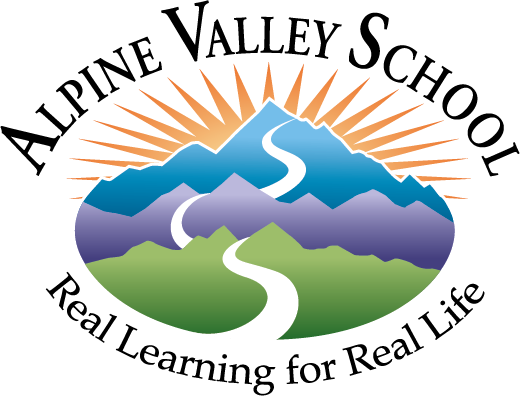What About Now?
“You need to get your child on the waiting list for a good preschool so that they can get a head-start.”
At first, I wasn’t sure that I heard her correctly. Then I thought perhaps she was joking. But, the nurse, who was assisting me in corralling my then-infant son onto the scale for his six-month weigh in, seemed completely serious. When I asked her what she meant, she explained in a grave tone that the work of schooling starts now, before my baby could even walk or talk, and would continue until he was at least twenty. Her tone did not indicate that this journey would be fun. And, mostly, it isn’t fun for kids to go to school. But almost everyone will agree that it is, and should be, required.
“Get her into after-school programs as soon as you can, they look very good on a college application.”
This helpful bit of advice was given to me when I took my eleven year-old daughter to a school fair. A fellow parent, with whom I was waiting in line, informed me that she had her son enrolled in at least six different after school activities. When I asked if this was a lot of work for both of them, she admitted that it was, but that it would all be worthwhile when her son got into Harvard. Her son, who had bags under his eyes and barely smiled when my daughter engaged with him, told me that his favorite thing to do was to play with his Pokemon cards. How often, I wondered, did he get to do what he truly loved?
“You’ll thank me when you’re grown up and have a degree and a good job.”
This, I overheard at the grocery store. A young child was pleading with her mother to skip piano lessons, nearly on the verge of tears. The mother remained unmoved. Her daughter had made a promise and she would see it through. Upholding this commitment would also lead to a degree and a good job and a life of security and prosperity, which is what we all want for our children. But don’t we also want them to be happy?
My question in all of this parenting mania is this - what about now? We assure ourselves and our children over and over that if they sacrifice their time, energy, and commitment now that they will be successful later. (We encourage adults to make a surprisingly similar trade, as it happens). All of this looking to the future leaves shockingly little time for the present moment in which our children are small and curious and bundles of energy. Shouldn’t we encourage them to embrace the phase of life in which they currently find themselves instead of worrying about a future that we can scarcely imagine, much less plan for?
I’m not here trying to shame parents. Parenting is one of the most vulnerable roles we’ll ever find ourselves in, and I firmly believe that we are all doing the best we can. Society tells us that it is our job as the parents to worry about our children, to shape them and guide them, to decide what is best for their future whether they like it or not.
It is that narrative that Sudbury Schools (like Alpine Valley School) challenge. We believe that children are fully formed people who are in need of only minimal guidance and direction apart from their own internal compass. We believe that children can shape their own education and that it often looks a lot more like play. We believe that childhood should be treasured and enjoyed rather than fast-forwarded in service of an adulthood that is still far in the distance.
We all worry about the future from time to time and do our best to prepare for it. But, what if the best way to prepare for the unknown is to simply embrace the present with arms wide open? Our children will grow into who they are remarkably well without any interference at all, so perhaps we would all be better off simply appreciating the journey.

